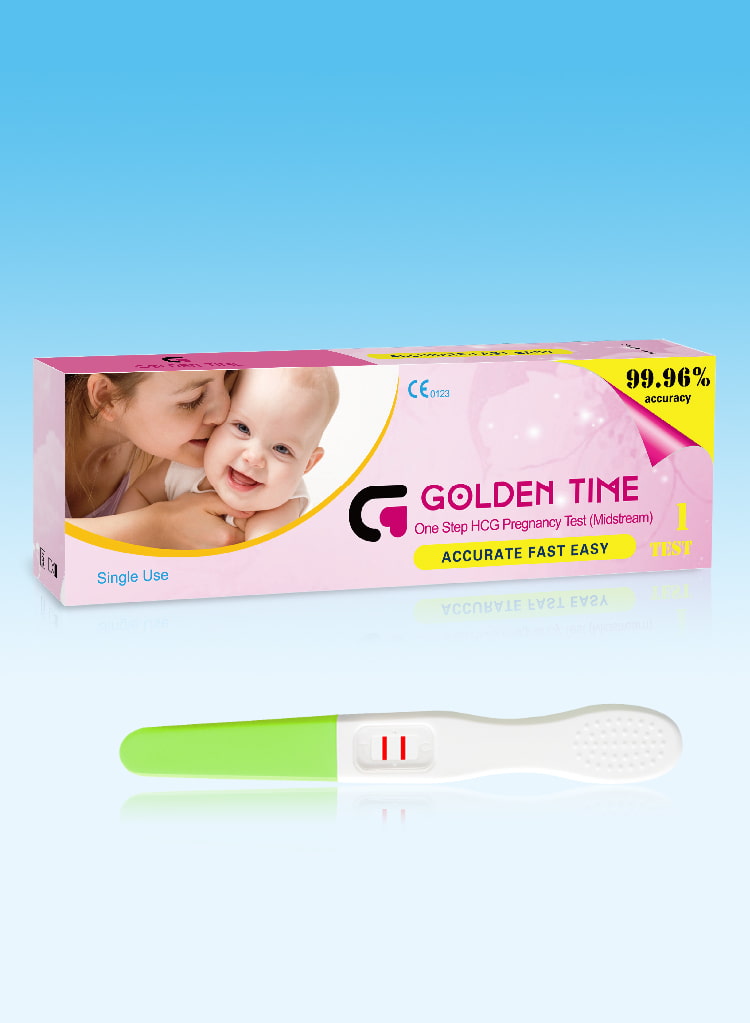Oct . 02, 2024 07:35 Back to list
hepatitis c antigen test manufacturer
Understanding Hepatitis C Antigen Tests and Their Manufacturers
Hepatitis C is a viral infection that primarily affects the liver and can lead to severe health complications, including liver cirrhosis and cancer. Early detection and diagnosis are crucial for effective management and treatment of this disease. One of the key tools in diagnosing hepatitis C is the antigen test, which plays a critical role in screening and confirming the presence of the virus.
Hepatitis C antigen tests specifically detect the core antigen of the hepatitis C virus (HCV). These tests are valuable because they can identify active infections, often earlier than antibody tests. While antibodies can take weeks to develop following exposure, antigens can typically be detected sooner. Thus, antigen tests offer a crucial advantage in early diagnosis, allowing for timely intervention and treatment.
Several manufacturers around the world produce hepatitis C antigen tests, ensuring that healthcare providers have access to a variety of options. Leading manufacturers invest in research and development to improve the accuracy, speed, and ease of use of these tests. They focus on innovations that minimize false negatives and false positives, which are critical for maintaining trust in screening processes.
hepatitis c antigen test manufacturer

Among well-known manufacturers, companies like Roche, Abbott, and Siemens Healthineers have made significant contributions to hepatitis C testing. Roche’s Elecsys HCV antigen test is a notable example, designed for high specificity and sensitivity, facilitating accurate diagnosis in clinical settings. Abbott's Architect HCV Ag test is another leading option, available in many healthcare facilities, emphasizing quick turnaround times and reliable performance.
The production of hepatitis C antigen tests requires adherence to stringent regulatory standards to ensure reliability and patient safety. Manufacturers must comply with guidelines set forth by health authorities, such as the U.S. Food and Drug Administration (FDA) and the European Medicines Agency (EMA). This regulatory framework ensures that the tests not only meet scientific criteria but also undergo rigorous clinical testing to confirm their effectiveness.
In addition to traditional laboratory testing, some manufacturers are exploring point-of-care (POC) testing solutions. These portable tests can provide rapid results directly in a clinic or community setting, which is particularly beneficial in areas with limited access to laboratories.
Overall, as awareness of hepatitis C increases and screening becomes more integral to public health strategies, the role of antigen tests and their manufacturers will likely expand. The continuous innovation and reliability of these tests are vital in tackling hepatitis C, preventing its spread, and improving patient outcomes. As we move forward, collaboration between healthcare professionals and manufacturers will be critical to enhance testing capabilities and ensure that all individuals at risk of hepatitis C receive timely diagnosis and treatment.
-
Reliable Early Pregnancy Test Kit Supplier - Multi Plastic Cassette Options
NewsJul.30,2025
-
Transferrin Rapid Test Cassette – Reliable Tumor Marker Detection
NewsJul.29,2025
-
Accurate Follicle Stimulating Hormone Test Kit | Rapid Reliable Results
NewsJul.29,2025
-
High Accuracy LH Ovulation Test Kit - Digital Results & Wholesale Options
NewsJul.29,2025
-
HbsAg Blood Rapid Test Kit for Fast & Accurate Hepatitis B Detection
NewsJul.28,2025
-
Sterile Urine Cup for Safe & Easy Collection | High-Quality Specimen Cups
NewsJul.28,2025

